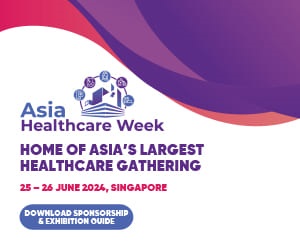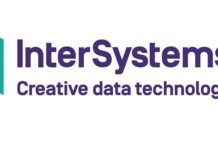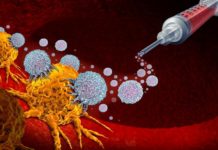The administration of dextrose during in-hospital cardiac arrest is associated with increased mortality and neurologic morbidityAuthors: Teng J Peng, Lars W Andersen, Brian Z Saindon, Tyler A Giberson, Won Young Kim, Katherine Berg, Victor Novack, Michael W Donnino and for the American Heart Association’s Get With The Guidelines®-Resuscitation Investigators
Abstract
Introduction
Dextrose may be used during cardiac arrest resuscitation to prevent or reverse hypoglycemia. However, the incidence of dextrose administration during cardiac arrest and the association of dextrose administration with survival and other outcomes are unknown.
Methods
We used the Get With The Guidelines®-Resuscitation national registry to identify adult patients with an in-hospital cardiac arrest between the years 2000 and 2010. To assess the adjusted effects of dextrose administration on survival, we used multivariable regression models with adjustment for multiple patient, event, and hospital characteristics. We performed additional analyses to examine the effects of dextrose on neurological outcome and return of spontaneous circulation.
Results
Among the 100,029 patients included in our study, 4,189 (4.2%) received dextrose during cardiac arrest resuscitation. The rate of dextrose administration increased during the study period (odds ratio 1.11,
95% confidence interval (CI) 1.09-1.12 per year, P <0.001). Patients who received dextrose during resuscitation had lower rates of survival compared with patients who did not receive dextrose (relative risk 0.88, 95% CI 0.80-0.98, P = 0.02). Administration of dextrose was associated with worse neurological outcome (relative risk 0.88, 95% CI 0.79-0.99, P = 0.03) but an increased chance of return of spontaneous circulation (relative risk 1.07, 95% CI 1.04-1.10, P <0.001).
Conclusions
In this dataset, the administration of dextrose during resuscitation in patients with in-hospital cardiac arrest was found to be associated with a significantly decreased chance of survival and a decreased chance of good neurological outcome.
Citation: Teng J Peng and Lars W Andersen contributed equally to this work The administration of dextrose during in-hospital cardiac arrest is associated with increased mortality and neurologic morbidity Critical Care 2015, 19:160 doi:10.1186/s13054-015-0867-z
Received: 8 January 2015 Accepted: 9 March 2015 Published: 10 April 2015
Copyright: © 2015 Peng et al.; licensee BioMed Central. This is an Open Access article distributed under the terms of the Creative Commons Attribution License
(http://creativecommons.org/licenses/by/4.0), which permits unrestricted use, distribution, and reproduction in any medium, provided the original work is properly credited. The Creative Commons Public Domain Dedication waiver (http://creativecommons.org/publicdomain/zero/1.0/) applies to the data made available in this article, unless otherwise stated.
Abbreviations
ACLS: advanced cardiac life support
CPC: cerebral performance category
GWTG-R: Get With The Guidelines®-Resuscitation
IHCA: in-hospital cardiac arrest
IQR: interquartile range
OR: odds ratio
ROSC: return of spontaneous circulation
RR: risk ratio
Competing interests
The authors declare that they have no competing interests.
Authors’ contributions
TJP shared responsibility for study conception and design and helped to draft the manuscript. LWA shared responsibility for study conception and design, helped to perform statistical analyses, and helped to draft the manuscript. MWD shared responsibility for study conception and design. BZS and VN helped to perform statistical analyses. All authors took part in critical revision of the manuscript,
interpreted the data, provided intellectual content, shared responsibility for revising the manuscript, and read and approved the final submission and agree to be accountable for all aspects of the work.
Authors’ information
TJP and LWA are co-first authors.
Acknowledgments
MWD is supported by the National Heart, Lung, and Blood Institute (1K02HL107447-01A1) and the American Heart Association (14GRNT200100002). KB is supported by the American Heart Association (13CRP16930000).
Get With The Guidelines®-Resuscitation investigators
Besides the author Michael W. Donnino, MD, members of the Get With The Guidelines®-Resuscitation Adult Task Force include the following: Paul S. Chan, MD MSc, Saint Luke’s Mid America Heart Institute; Steven M. Bradley MD, MPH, VA Eastern Colorado Healthcare System; Dana P. Edelson, MD, MS, University of Chicago; Robert T. Faillace, MD, ScM, Geisinger Healthcare System; Romergryko Geocadin, MD, Johns Hopkins University School of Medicine; Raina Merchant, MD, MSHP, University of Pennsylvania School of Medicine; Vincent N. Mosesso, Jr., MD, University of Pittsburgh School of Medicine; and Joseph P. Ornato, MD and Mary Ann Peberdy, MD, Virginia Commonwealth University.
























